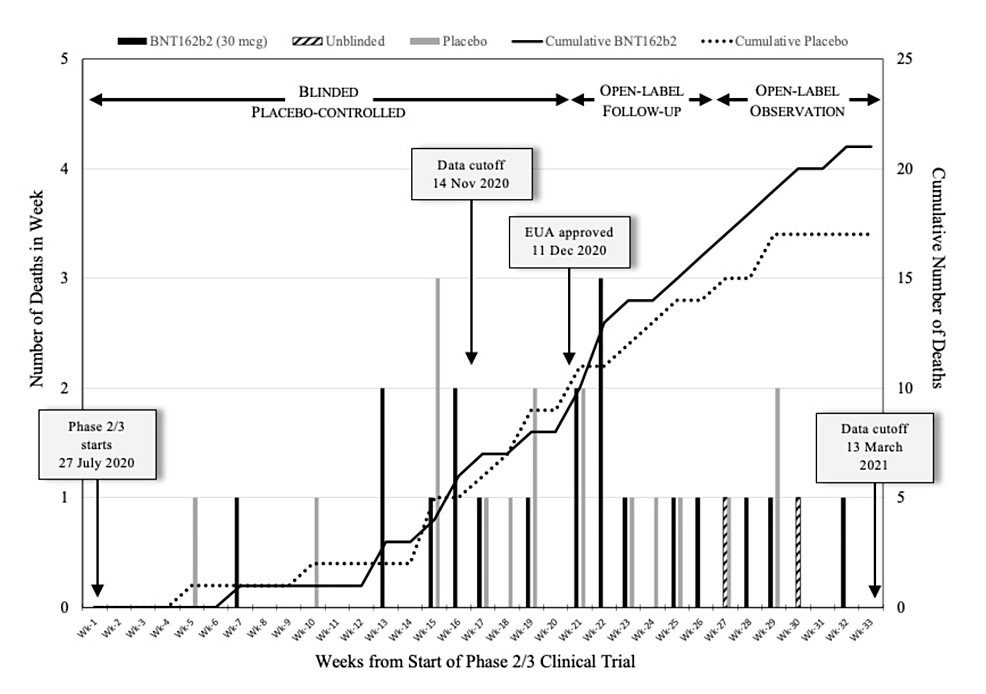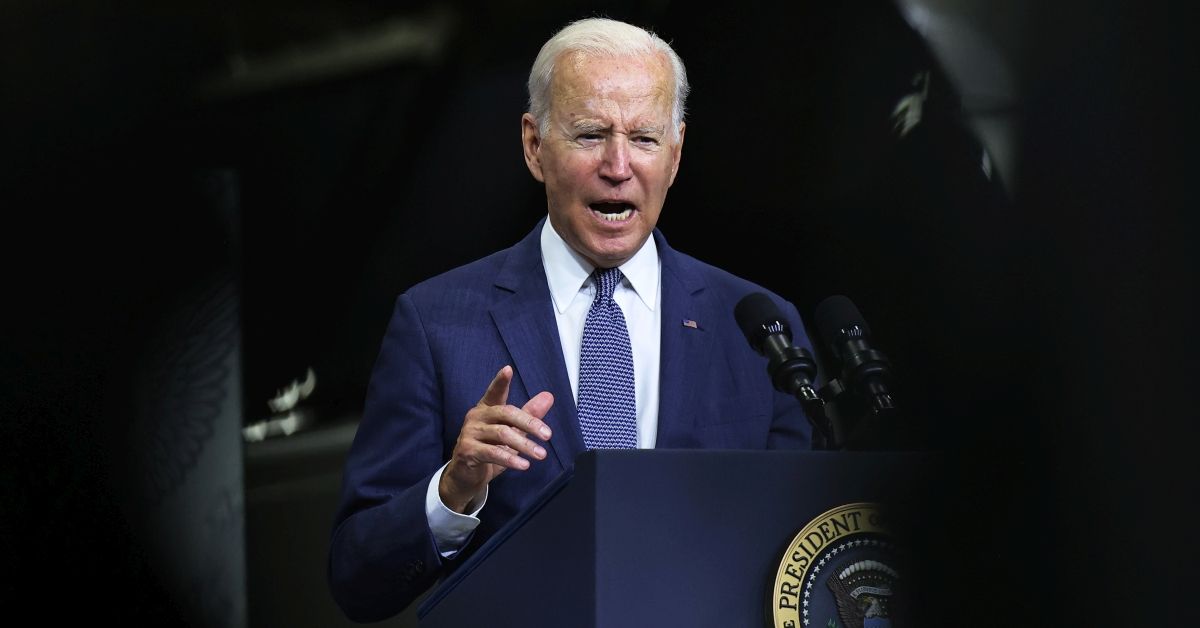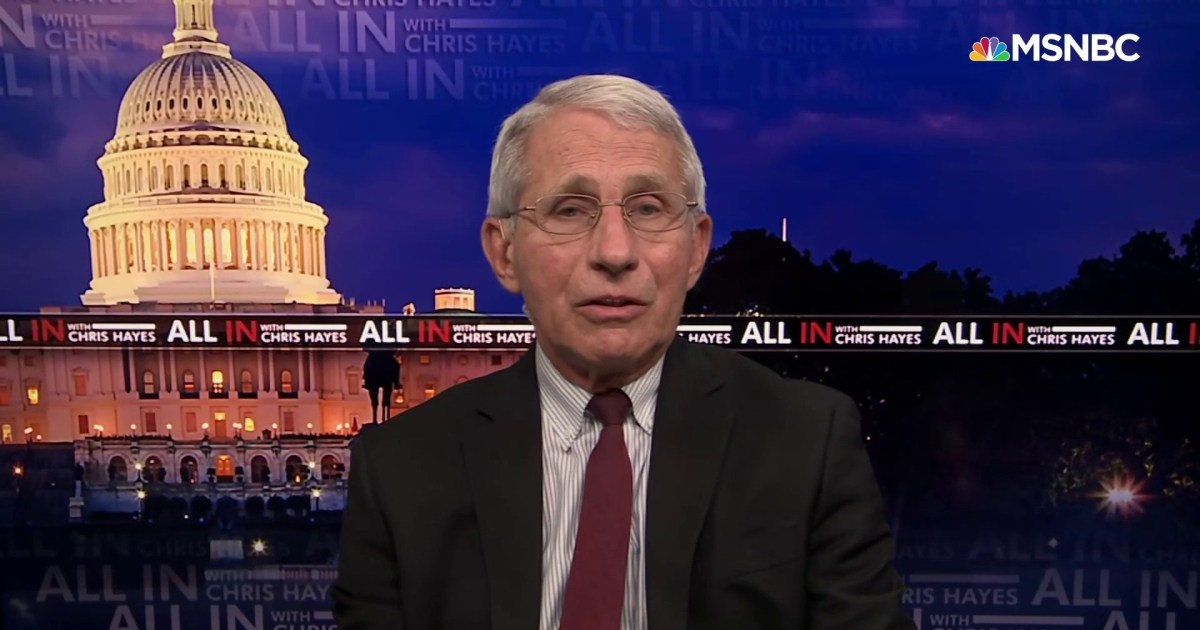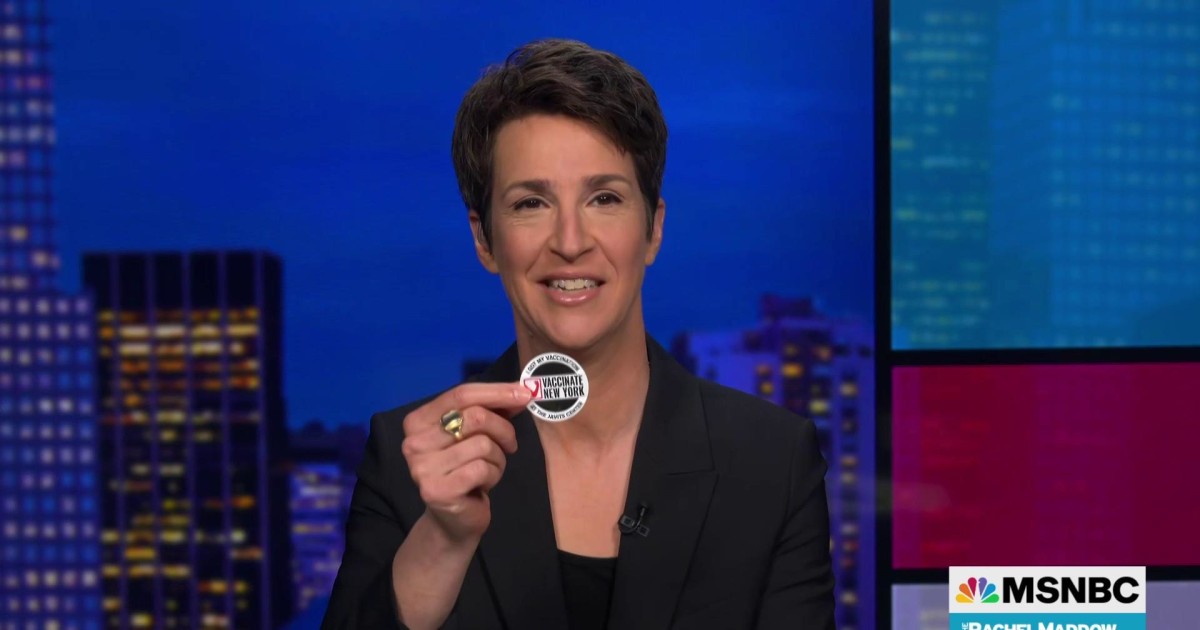It didnt prevent anything. Either did the shut down for ovvious reasons.
It seems to me, that when we have an outbreak of a contagious disease, it would be reasonable to suggest such measures as 'mask up' and, in extreme cases, 'shut down', on the premise that a way to limit or slow down its spread is by reducing the opportunity of transmission.
Here in the UK we were late in shutting down, and I think the stats provided sufficient evidence we should have done so earlier.
Let me say that I was no supporter of the govt at the time, and what angered me most was the profiteering by members of the government who went as far as creating rules to 'fast-track' contracts, by-passing the normal oversight channels, funnelling fortunes to friends and family, and leaving companies with long-standing reputations in providing services in the relevant business sectors utterly sidelined, while billions were channelled to companies that were founded just a few hours before ...
I happen to think the measures was not to stop the disease in its tracks – although there are cases where just that was achieved – but to slow it down enough to prevent emergency services from being overwhelmed. As it was, here in the UK and elsewhere, they were, or very nearly were.
+++
I know about MRSA my son contracted it in the hospital when he had pnemonia.
Well there you go ... same premise. Hospitals are prone because patients are already susceptible, contact cannot be avoided.
My wife is booked to have open heart surgery soon. She has been told she need to isolate for 5 days before entry into hospital, and has been given antiseptic wipes to clean herself down ... all measures not there a few years ago, but now, in light of scientific advances.
I would trust medical professionals and scientists that were shut down for speaking up and asking questions.
OK. and their claims have to be evidenced and weighed. Too often such claims are accepted because a society we are 'conspiracy prone' – and often not without reason, but that does not mean every voice is valid.
I have spoken to a number of health professionals, after having surgery and pneumonia myself ... none know of any fatality as a result of vaccination, all know of fatalities because of the infection. The worst reaction according to their evidence was a mild case of shingles.
I dont trust my government.
OK
And my whole issue with any of this is that i want to be able to make an informed choice when i have ALL the information available.
Then we have to question that 'informed' data as much as the 'orthodox' ... and too often the informed is not quite so informed, or not quite so honestly presented, as we're led to suppose ... in short, I don't trust the counter-arguments, either.
That jab? There wasn't enough time to gather data on an experimental technology.
Then where do the counter- arguments get their data from, if there's not enough data?
You should look up Dr. john Campbell on you tube. ive been following him since the pandemic. Hes not overly for or against.. he just states facts from a professional POV. He made so many good points like drawing back the needle to make sure you werent injecting it into the blood stream.. it should only be in the muscle.. he said that they werent doing that.
I have, before – I discussed him at the time with
@RJM
John Campbell is a nurse educator. He's not a medical doctor, nor is he a scientist, nor a statistician, after he was obliged to withdraw a video in which he made bogus claims.
This is not to take away from the fact that he is respected as a nurse educator, having produced textbooks offering "excellent (and) inexpensive notes on the causes, pathophysiological changes, and clinical features seen in disease processes".
2008, he established a YouTube channel on health science and nursing.
2020, the channel started to focus on the developing COVID-19 pandemic.
Here's a thing – his channel was logging 500,000 views a month, offering nursing information. Then he started COVID-related videos, and his channel had significant uptake, from 500,000 to 9.6 million, mostly from American viewers.
Early in the pandemic, Campbell himself spoke of a "calm and measured approach that is as informed as possible" to assist people in making informed decisions, in order to counter what he saw as other people on social media "spreading absolutely bonkers—and sometimes dangerous—information".
March 2020, he argued that the US and UK were doing too little to contain COVID-19.
August 2020, UNICEF cited his YouTube channel as an excellent example of how experts might engage with social media to combat misinformation.
September 2020, he argued for more ventilation in pubs, restaurants, and cafes in addition to the existing restrictions.
Within two years however, medical professionals begin to see a change in tack. Campbell himself had become a source of misinformation and he had adopted an anti-vaccination stance. His videos were cited by others to support false claims against the vaccines.
BBC Radio 4's "
More or Less", which looks at numbers and statistics in everyday life, said that Campbell had been on "quite a journey" since the beginning of the pandemic, transitioning from "wholesome" videos on topics such as hand-washing, to what could be regarded as more fringe topics, garnering a large audience in the process. Dr David Gorski wrote that while at the beginning of the pandemic Campbell had "seemed semi-reasonable", he later became a "total COVID-19 crank".
+++
September 2021, Campbell said the UK and US were "giving the vaccines wrongly"; that myocarditis could be caused if the person injecting the vaccine does not perform aspiration (checking that the needle does not hit a blood vessel by initially drawing back the plunger).
There are no large blood vessels in the recommended vaccine sites, and the practice is proven painful in children. He was wrong.
November 2021, Campbell said ivermectin may have contributed to a sudden decline in COVID-19 cases in Japan. Meaghan Kall, lead COVID-19 epidemiologist at the British Health Security Agency, said Campbell was
confusing causation and correlation and that there was no evidence of ivermectin being used in large numbers in Japan, rather that
his claims appeared to be "based on anecdotal data on social media driving wildly damaging misinformation".
November 2021, Campbell quoted from a non-peer-reviewed standalone journal abstract by Steven Gundry saying that mRNA vaccines might increase the risk of heart attack, and said that this might be "incredibly significant". The American Heart Association noted "no statistical analyses for significance provided, and the author is not clear that only anecdotal data was used”. The Reuters Fact Check team studied the article and concluded it did "not provide reliable evidence that mRNA vaccines increase risk of heart disease". Full Fact noted that the claims in the abstract relied on results from a test for which there was little evidence that it could accurately predict the risk of heart attacks.
This video was viewed over 2 million times within a few weeks and was used by anti-vaccination activists as support for the misinformation that COVID-19 vaccination causes heart attacks.
January 2022, Campbell posted a video in which he cited figures from the British Office for National Statistics (ONS) and suggested that they showed deaths from COVID-19 were "much lower than mainstream media seems to have been intimating".
The ONS responded by debunking the claims.
March 2022,
he misrepresented a conference abstract and the authors of the abstract refuted such misrepresentations of their paper
March 2022,
posted a misleading video about the Pfizer COVID-19 vaccine
July 2022, gave an
error-filled account of an article in the New England Journal of Medicine
and falsely claimed ...
July 2022,
he promoted the misleading idea of a Monkeypox parallel ...The misinformation was embraced and amplified by anti-vaxxers.
October 2022, shared a scandalous "
revelation" that Pfizer hid data about the vaccine from the public. In fact Pfizer had published the data on announcing the vaccine, and 18 months prior, in May 2021, Campbell himself had posted on the supposedly 'revealed' data.
2022 he made
selective use of statistics to make the misleading claim ...
February 2023, nanomedicine specialist Susan Oliver published a video debunking false information Campbell has posted about vaccine brain injury – Campbell is not a specialist in this field.
Within six hours Oliver's video was removed, apparently because it included clips from Campbell's video (videos do this and they are still online). Oliver speculated either coordinated complaints made by Campbell's followers (who don't know any better), or that YouTube favours high-traffic, highly profitable accounts.
August 2023,
Campbell misrepresented a warning from the CDC ...
October 2023, BBC Radio 4's "More or Less" debunked his claim that excess deaths were higher among those who had had a COVID-19 vaccine than those who had not – the figures he used in fact showed the opposite.
2024 Campbell
falsely claimed ...
+++
So what we see is someone who, possibly in the pursuit of lucrative viewing figures, or driven by the need to post stuff with such regularity he has no time to check its validity, he has become part of the very problem he warned against ...
So I would treat any information from that source as I do any information from YouTube, TikTok or other social media outlets, as driven by tyhje need to make sensational statements to keep people coming back ... and would advise everyone to look elsewhere, and deeply.





